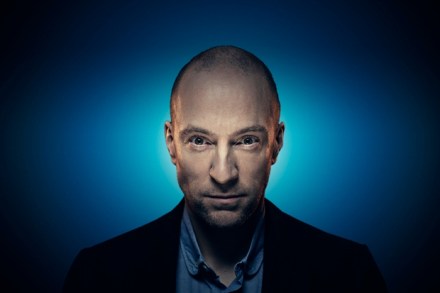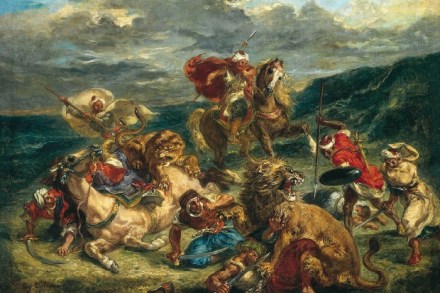Compliance order
Never a man tortured by self-doubt, Derren Brown introduced his latest special Pushed to the Edge (Channel 4, Tuesday) as a fascinating psychological experiment about the dangers of ‘social compliance’ — our willingness to do what authority figures ask, however morally dubious. In fact, much of what followed was a weird, and itself rather morally dubious, mix of Candid Camera, Fawlty Towers and something pretty close to entrapment. But from time to time, it also proved, annoyingly enough, a fascinating psychological experiment about the dangers of social compliance. The central aim was fairly straightforward: to see if a member of the public could be persuaded to shove a stranger off


















